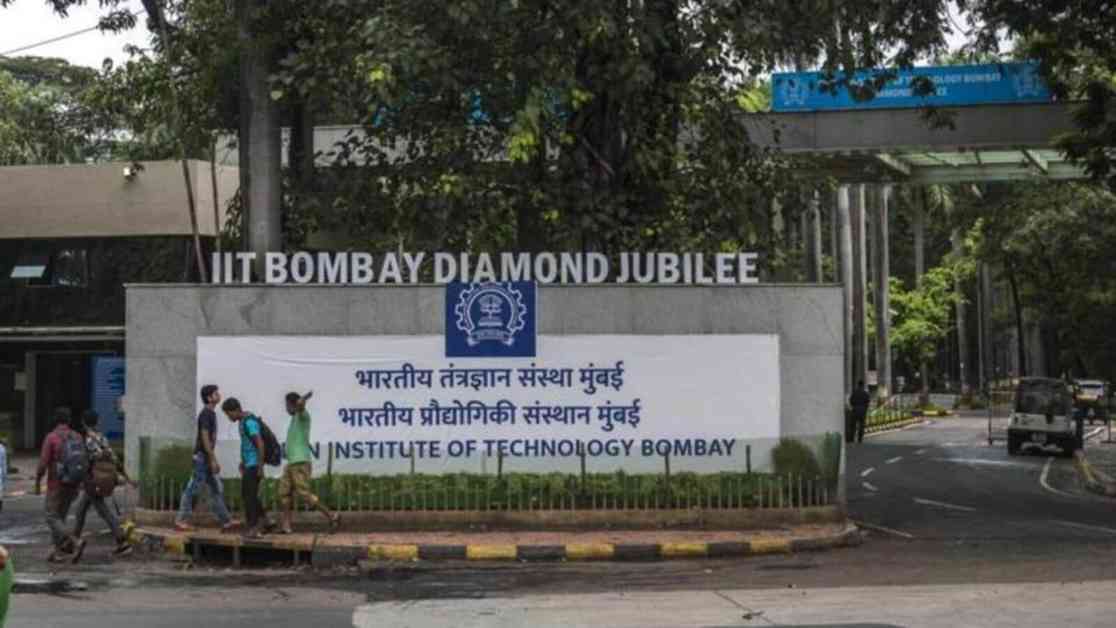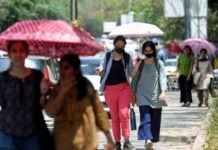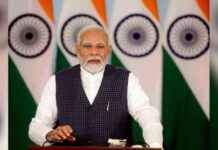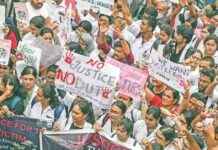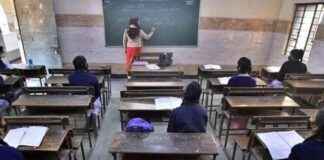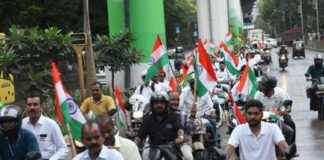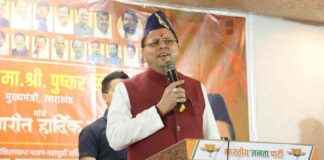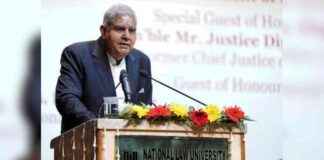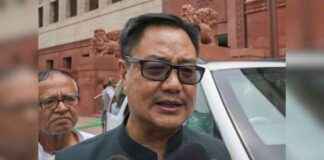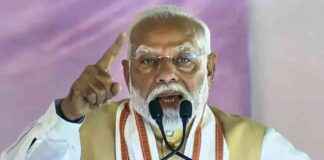Concerns Raised Over Lack of Diversity Among IIT Faculty
A recent Right to Information (RTI) request filed by the Ambedkar Periyar Study Circle (APSSC) has shed light on the concerning under-representation of faculty from Scheduled Castes (SC), Scheduled Tribes (ST), and Other Backward Classes (OBC) in several Indian Institutes of Technology (IITs). Despite efforts to address this issue through a special recruitment drive, key IITs like Delhi, Bombay, Bhubaneswar, and Guwahati have failed to meet their objectives.
Insufficient Recruitment of SC, ST, OBC Faculty Revealed by RTI Data
The RTI data from IIT Bombay highlighted a significant lack of diversity among the faculty. Shockingly, eight departments at the institute have no SC, ST, or OBC faculty members at all. Additionally, 25 departments lack any ST representation, 12 have no SC members, and another 12 have no OBC faculty. Out of over 670 general category faculty members, only 58 belong to the SC, ST, and OBC categories.
The APSSC has expressed its concerns publicly, pointing out the failure of IIT Bombay to recruit faculty members from the mandated categories. The organization emphasized the violation of reservation norms and mission mode recruitment at the institute, calling for accountability from the authorities.
Failure to Comply with Government Directives on Faculty Recruitment
In August 2021, the Ministry of Education issued a directive to all centrally funded higher education institutions, including IITs, Indian Institutes of Management (IIMs), and National Institutes of Technology (NITs), to fill vacant faculty positions in reserved categories by September 2022. However, the RTI data reveals that many institutions have not followed these directives.
At IIT Delhi, six departments do not have any SC, ST, or OBC faculty members. Similarly, at IIT Guwahati, 14 departments lack ST faculty, while IIT Bhubaneswar does not have a single faculty member from the ST category.
Challenges Faced by SC, ST, OBC Candidates in Faculty Recruitment
Detailed data provided by the APSSC for the application and selection of SC, ST, and OBC candidates for faculty positions at IIT Bombay in 2023 and 2024 highlighted the challenges faced by these candidates. In 2023, out of 523 SC applicants, only four were selected. No ST candidates were chosen despite 96 applications, and none of the 779 OBC candidates were hired. In 2024, there was a slight improvement, with a few candidates from the reserved categories being selected.
In response to these concerns, Prof Shireesh Kedare, the director of IIT Bombay, affirmed the institute’s commitment to attracting top-tier teaching talent from diverse backgrounds. He explained that while the recruitment process is thorough, the institute is constantly seeking out talent. Prof Kedare emphasized that candidates from reserved categories receive certain concessions as per government norms but undergo the same recruitment process as all faculty members to ensure quality remains a priority.
Efforts to Promote Diversity and Inclusion at IIT Bombay
Despite the challenges highlighted by the RTI data, IIT Bombay has made efforts to promote diversity and inclusion among its faculty members. With 120 female faculty members, the institute boasts one of the highest numbers of female faculty across all IITs. Prof Kedare stated that IIT Bombay continues to strive for excellence in education while maintaining a commitment to diversity and inclusion in the academic sphere.
Looking ahead, IIT Bombay is preparing for the next round of Mission Mode Recruitment, where advertisements will be released specifically for candidates from reserved categories. The institute remains dedicated to attracting high-caliber educators from all backgrounds and ensuring a balanced representation of faculty members.
In conclusion, the concerns raised by the RTI data regarding the under-representation of SC, ST, and OBC faculty members at IITs underscore the need for greater efforts to promote diversity and inclusion in higher education institutions. It is essential for these institutes to adhere to government directives on faculty recruitment and ensure equal opportunities for candidates from all backgrounds.
